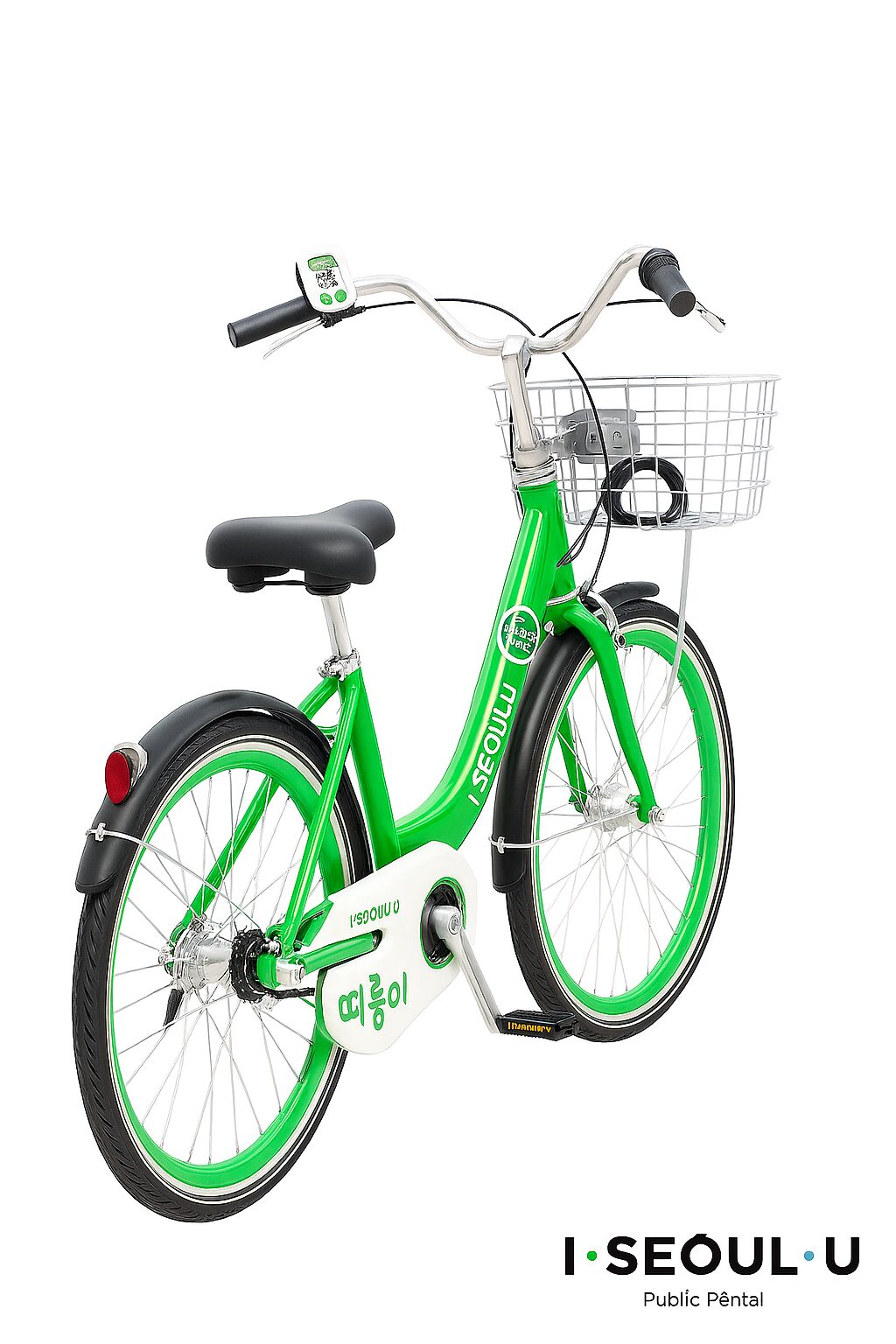
South Korea offers public bike rental systems in multiple cities, each operated by local governments or private companies. These services are affordable, easy to use, and accessible to both residents and visitors.
Overview of Korea’s Public Bike Rental Systems
South Korea has developed a robust network of public bike-sharing programs to promote eco-friendly transportation and reduce traffic congestion. These systems are managed by local governments and are available in cities such as Seoul, Daejeon, Gyeongju, Gwangju, Gongju, Yeosu, and more. Each city operates its own branded service, often with multilingual support for foreign users.
Major City Programs
- Seoul – Ttareungi (따릉이)
Website: bikeseoul.com
Seoul’s system is the most extensive, with thousands of bikes and docking stations across the city. Ttareungi bikes are green and white, equipped with QR codes and digital locks. - Daejeon – Tashu (타슈)
Website: bike.tashu.or.kr
Daejeon’s system is similar to Seoul’s, offering easy access via mobile app and docking stations near public transit. - Gyeongju – Tasilla (타실라)
Website: tasilla.gyeongju.go.kr
Gyeongju’s bikes are popular among tourists exploring historical sites. - Yeosu – Yeosurang (여수랑)
Website: yeosu.go.kr/bike
Yeosu’s system is ideal for coastal rides and scenic routes.
Other cities like Gwangju, Gongju, and Busan (Gijang district) also operate local bike-sharing programs.
How to Use Public Bikes
- Download the city’s official bike rental app (e.g., Ttareungi for Seoul).
- Register as a user. Most apps allow foreign registration using a passport or international phone number.
- Purchase a pass. Options include single-use, daily, or monthly passes. Payment is typically made via credit card.
- Locate a bike station using the app’s map.
- Scan the QR code on the bike to unlock it.
- Ride and return the bike to any official docking station.
Private Bike-Sharing Services
In addition to government-run programs, private companies like Kakao T Bike, Swing, and Gcoo offer shared bikes and e-bikes in various cities. These services operate through their own apps and are often available in areas not covered by public systems.
Tips for Foreign Users
- Most apps offer English-language interfaces.
- You must be 13 years or older to use most services.
- Helmets are recommended but not always provided.
- Bikes are available 24/7, but some stations may be empty during peak hours.
South Korea’s bike rental systems are a convenient and sustainable way to explore cities. Whether commuting or sightseeing, these services offer flexibility, affordability, and a unique view of urban life.


답글 남기기